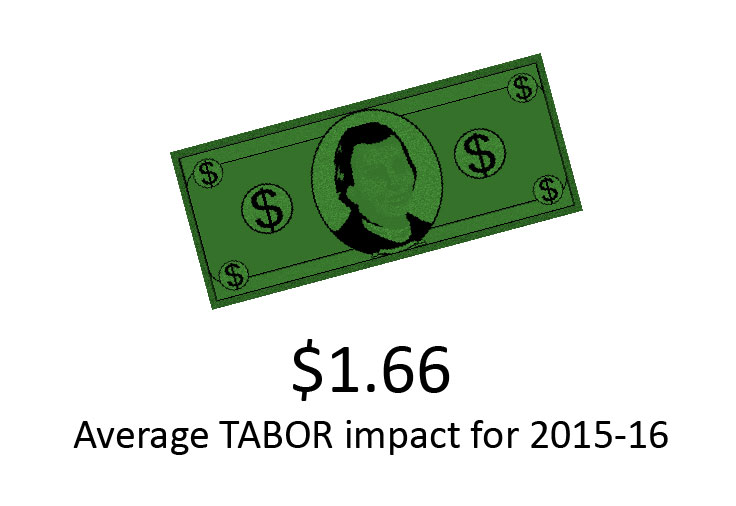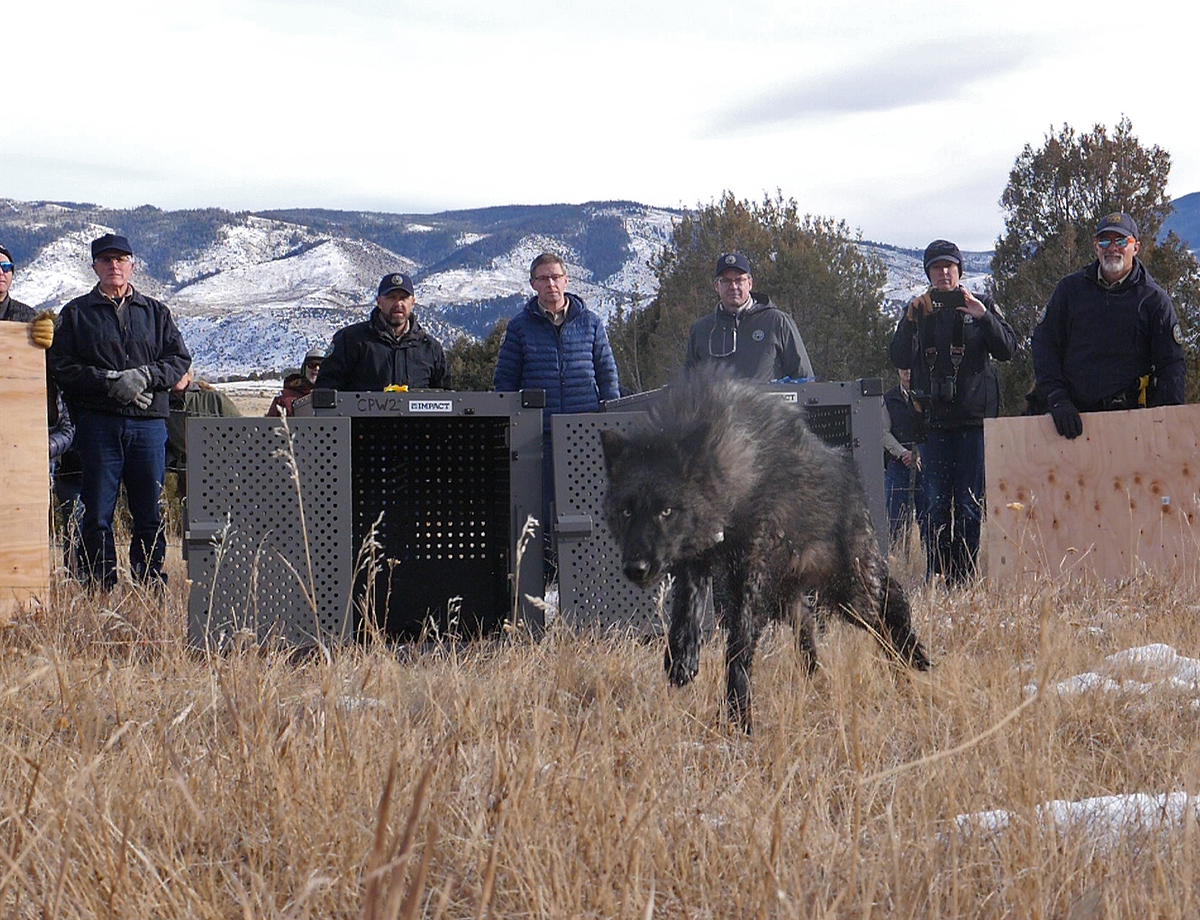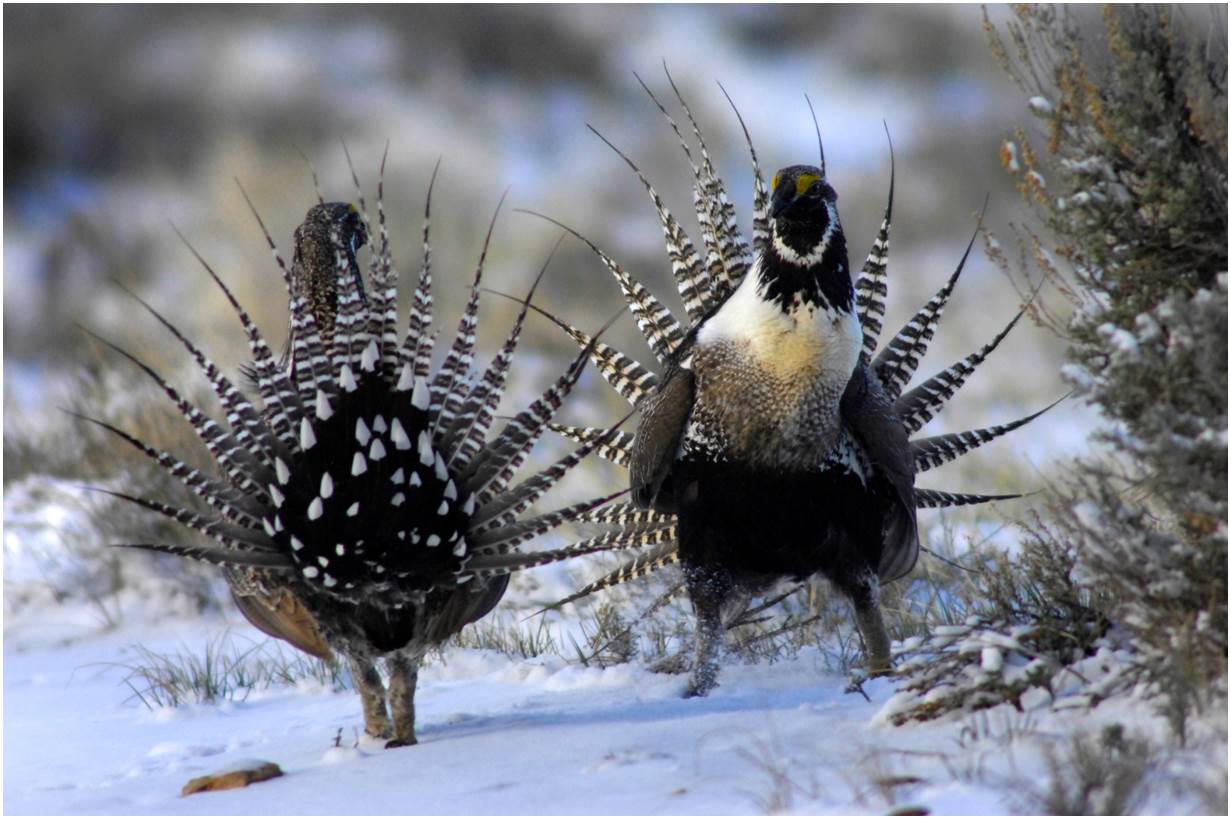
This article is part of our look at potential refunds from the Taxpayer's Bill of Rights. Learn more about how TABOR works here.
Title: SB15-206 Implement Conservation Easement Audit Requirements
Sponsors: Sen. Ellen Roberts (R-Durango), Sen. Mary Hodge (D-Brighton), Rep. Alec Garnett (D-Denver), Rep. Keyser (R-Morrison)
Status: Introduced and assigned to the Senate Agriculture, Natural Resource and Energy Committee on March 11. The Senate Agriculture, Natural Resource and Energy Committee referred the bill to the Finance Committee on April 9. The Finance Committee referred the unamended bill to the Appropriations Committee on April 14. The Appropriations Committee referred an amended version of the bill to the whole Senate on April 17. The Senate passed a third reading of the bill on April 21 and the bill was introduced in the House the next day. The House Agriculture, Livestock and Natural Resources Committee referred the bill to the Finance Committee on April 27. The Finance Committee referred an amended version of the bill to the Appropriations Committee on April 30.
The Appropriations Committee referred the bill to the whole House on May 5. The House passed its second reading of the bill that day. The House passed its third reading on May 6.
What the bill does: Increases the value of the state conservation easement tax credit from 50 percent of the fair market value to 75 percent for the first $100,000 worth of the easement. Also increases the maximum size of the credit a donor can claim from $375,000 to $1.5 million, although the state's total payout for the program is still capped at $45 million dollars a year.
Conservation easements are legally binding agreements to limit future development of a property.
How it affects your refund: This bill would reduce the average taxpayer refund by $1.66 in fiscal year 2015-16.








